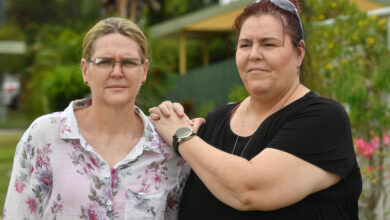Lack of collaboration stalls maternity reform
Midwives urge government to relook at legislation.
The government's maternity reforms are "doomed to fail" as a result of obstetricians refusing to enter into collaborative arrangements with midwives.
This is according to the Australian College of Midwives (ACM), which said it was time to re-look at the legislation.
"We always feared that these arrangements would be more about control than collaboration," Hannah Dahlen, ACM spokesperson, said.
There are no official figures available on how many agreements have been signed, but Dahlen said she believed there had only been three. An agreement is a requirement for private midwives to access the MBS and PBS.
"Midwives are asking obstetricians in writing and calling up to 10 times to organise collaboration. Some get no response, some a polite no and others a very rude no," Dahlen said.
"We did expect that this would be the case. When you put one competing professional group over another group competing for the same market share, the group in control isn't going to do something that threatens their sizeable share. I can understand that they are threatened."
Dahlen said the government should learn from the mistakes made in the US, where similar requirements for collaborative arrangements were in place for 15 years. In July of last year New York overturned the requirement, with 15 other states following suit. "It's very sad that Australia is going down the same path that the US is moving away from," she said.
"Women's choice was restricted as a result, which is also the case in Australia."
However, president of the Royal Australian and New Zealand College of Obstetricians and Gynaecologists Dr Rupert Sherwood, said it wasn't in the interest of obstetricians to resist collaborating with midwives.
"There has been no directive by the college issued against collaborative agreements, and in fact the college is very supportive of them. What needs to be looked at is the low uptake of midwives registering to be eligible for access to the MBS and PBS," he told Nursing Review.
So far only an estimated 40 midwives had registered to be eligible, according to Dahlen.
"If they aren't eligible, there can't be a collaborative arrangement. I would be more concerned if there were 400 eligible midwives who couldn't find an arrangement."
Email: [email protected]




